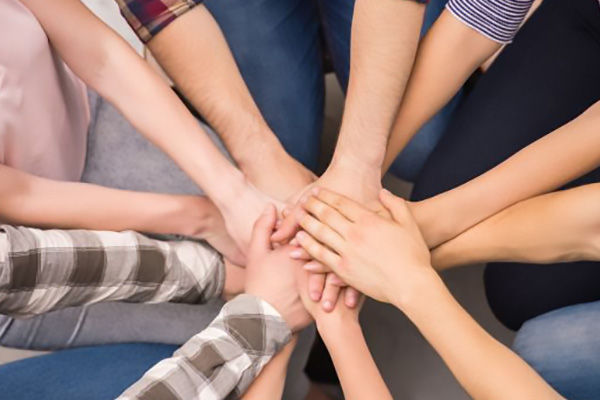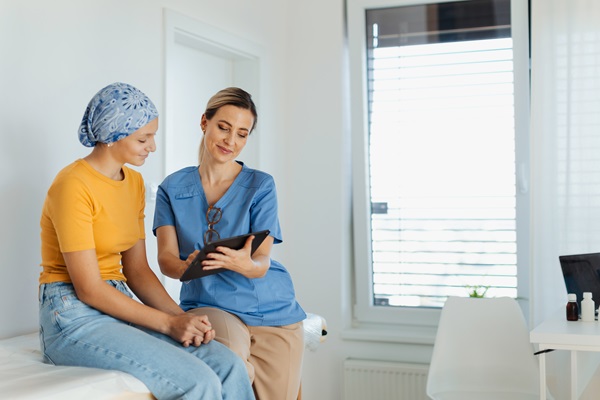Finding a Cancer Support Group Through Your Oncologist

Cancer can be one of the most stressful times in your entire life. However, joining a support group can help you cope with the aspects of cancer. The group will provide you with a safe place to work through your challenges. You can also learn from other people who are facing your situation.
Benefits of cancer support groups
The way that a person deals with cancer will depend on the type of cancer. The patient’s stage in life and age will also play a role. A cancer support group allows patients to connect with other patients. These people can relate to a person’s situation and help them navigate better.
The patient will also benefit from the emotional support. However, this is not the only benefit for patients. There is also educational and social support. This can help to guide patients who are undergoing cancer treatments. Cancer survivors may also be in the group to offer encouragement. Nurses and social workers run these groups.
Studies have shown that support groups can help the members to feel less depressed. Other studies have found that support groups can reduce anxiety. This helps patients to manage all of their emotions better. This can cause the patients to feel more hopeful about their situation. Because support groups are not for everyone, an oncologist can help a patient decide on the right type of support.
Choosing the right support group
Patients will want to consider both personality and needs when choosing a group. For example, many support groups focus on either information or emotional support. Some groups are online, while others are in person. Each one has its own benefits.
A patient’s oncologist is a good resource for patients who are looking for groups. Many oncologists sponsor support groups for patients. A patient can also work with a hospital’s social worker to find a group. There are support groups based on types of cancers, so patients can search different lists.
Types of support groups
There are many different types of groups for patients. Each patient will want to find the right one. Some are led by patients. Others are led by professionals. These groups can include:
- Self-help: these groups are led by the members in each group
- Professional: a counselor or social worker may run the group and facilitate the conversation
- Informational: these groups are designed to provide education on cancer. Speakers often come to the groups
- Online: for patients who live in remote areas, online groups can be helpful. Other patients may not have access to transportation. Some patients simply do not feel comfortable sharing about themselves in person
Visit an oncologist for cancer support
There are so many support groups out there that it can be difficult to sort through all of them. The good news is that your oncologist can offer you support. That way, you can find a support group that is based on your condition. By joining a support group, your emotional health can benefit.
Get more information here: https://lindenbergcancer.com or call Lindenberg Cancer & Hematology Center at (856) 475-0876
Check out what others are saying about our services on Yelp: Read our Yelp reviews.
Recent Posts
When most people think of cancer treatment, they think of chemotherapy. However, this is only one of many treatment options available. An oncologist can provide personalized cancer treatment that aims to remove and kill the cancer, as well as to prevent it from coming out of remission.Cancer treatment is not one size fits all. An…
Anemia occurs in people who lack enough healthy red blood cells and hemoglobin to carry oxygen to each organ. It has many forms and causes, all of which can be short-term or long-term. Fortunately, a hematologist offers multiple treatment options to address all concerns.When one's red blood cells do not work properly, anemia usually follows…
Blood disorder specialist treat and diagnose blood disorders, from anemia to leukemia. Regardless of whether a patient has a cancerous or noncancerous blood disorder, consulting one of these specialists can lead to better health outcomes. A specialist will work to find an effective treatment that prevents the disorder from progressing, as well as work to…
Oncologist are known as cancer doctors or specialists who diagnose and treat various types of cancer, meaning people should not wait until there is a suspicion of the disease before scheduling an appointment. In fact, with cancer, timing is of the essence. Patients with any concerns can learn how regular visits to an oncologist can…


